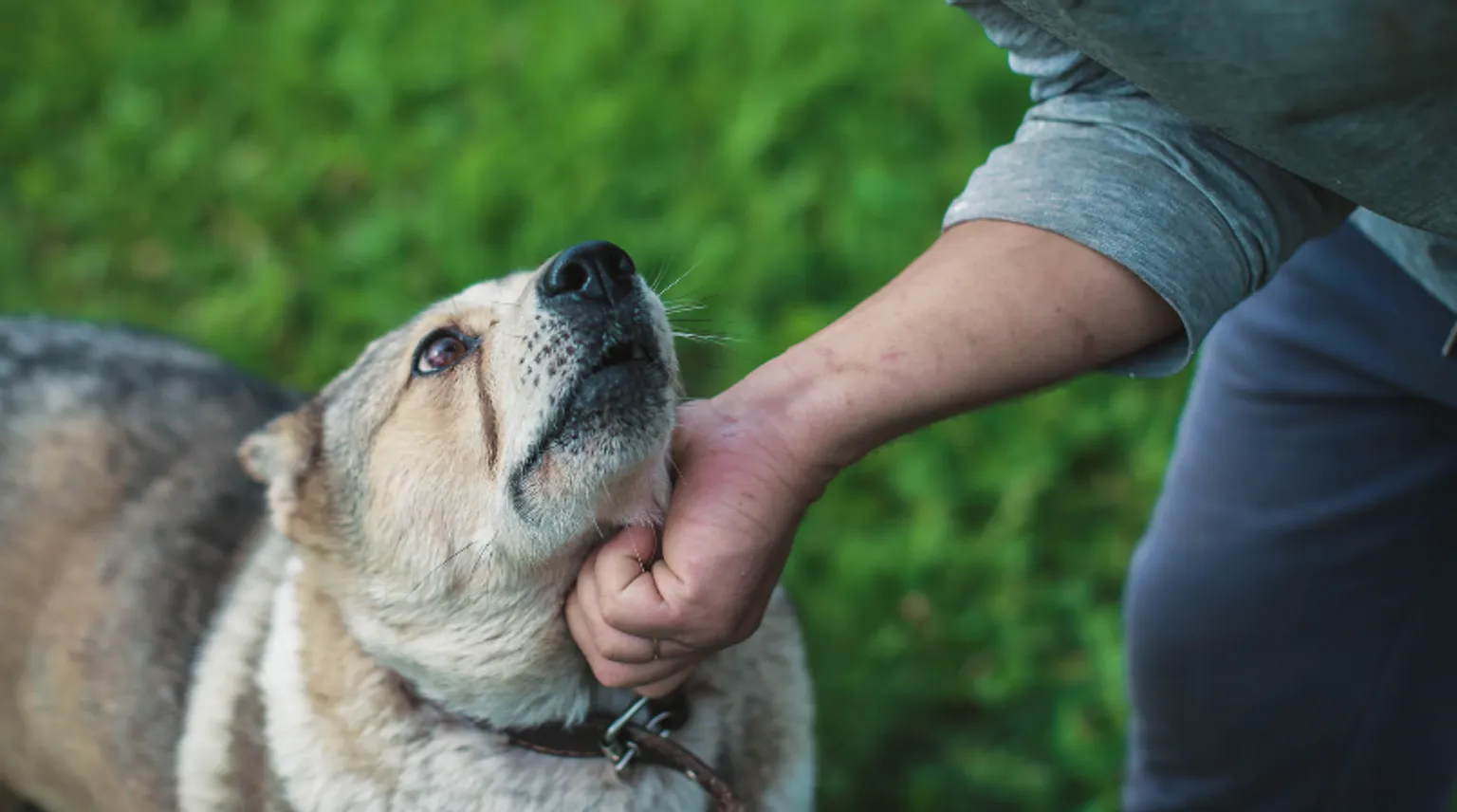What does Islam teach about the treatment of animals?

The Criticism
With the rise of modern thinking and an apparent awakening towards establishing rights, the topic of the treatment of animals has also come to the fore. This conversation entails the general issue of animal welfare, as well as the continued consumption of animal produce in the presence of advancements in agriculture and science which have presented an education into alternative dietary means. Furthermore, teachings of religious theology on this matter have also been questioned; how can a religion such as Islam, justify the killing of animals for religious sacrifice or for human consumption. Does this not illustrate an inhumane, cruel and irresponsible manner of living?
Introduction
Islam is a comprehensive religion for all time and for all of creation. Indeed, Islamic principles which underpin the treatment of animals is a perfect and mature balance of respect and appropriate use.
Animals as Social Creatures
God Almighty mentions in the Holy Quran:
“There is not an animal that crawls in the earth, nor a bird that flies on its two wings, but they are communities like you. We have left out nothing in the Book. Then to their Lord shall they be gathered together.”
Quran 6:39
In this verse the Quran has clearly laid out how animals, like humans, exist within communal structures. The Quran presents a picture of animals therefore, as social beings, not as mindless or soulless automatons.
By recognising that animals are social creatures, Islam emphasises the importance and virtue in caring for them as living creatures.

Importance of Showing Mercy to Animals
God Almighty is the Creator not just of humans, but of all creation, as mentioned in the Holy Quran:
” And whatever is in the heavens and whatever creature is in the earth submits humbly to Allah…”
Quran 16:50
Indeed, God Almighty says:
“…My mercy encompasses all things…”
Quran 7:157
One must note that animals are certainly not excluded from this mercy. God Almighty reminds us of one aspect of this in the following verse:
“And how many an animal there is that carries not its own sustenance! Allah provides for it and for you. And He is the All-Hearing, the All-Knowing.”
Quran 29:61
Islam has safeguarded the rights of animals and showing mercy to animals is a great means of attaining the pleasure of God. The Holy Prophet of Islam, Muhammad(sa) said:
“Never does a Muslim plant trees or cultivate land, and birds or men or beasts eat out of them, but that is a charity on his behalf.”
Sahih Muslim
The Holy Prophet(sa) has further clarified the extent to which mercy to animals earns the pleasure of God Almighty. He said:
“A man felt very thirsty while he was on the way, there he came across a well. He went down the well, quenched his thirst and came out. Meanwhile he saw a dog panting and licking mud because of excessive thirst. He said to himself, “This dog is suffering from thirst as I did.” So, he went down the well again and filled his shoe with water and watered it. Allah thanked him for that deed and forgave him. The people said, “O Allah’s Messenger(sa)! Is there a reward for us in serving the animals?” He replied: “Yes, there is a reward for serving any animate (living being).”
Sahih Bukhari
Noble Example of the Holy Prophet(sa)
Animals were created by the same God that created mankind, and in order to be the recipients of compassion and kindness from God, Muslims must also show kindness to all creatures. The Holy Prophet(sa) was very kind-hearted and merciful. He showed through his personal example how animals should be treated. He instructed mercy for all animals, that they are fed and watered well, not forced to carry too heavy a burden, and not tortured. If he saw any animal overloaded or ill-fed he would call the owner and say, fear God in your treatment of animals. The following incident shows the conduct of the Holy Prophet(sa):
… He entered the garden of a man from the Ansar (Helpers). All of a sudden when a Camel saw the Prophet(sa) it wept tenderly producing yearning sound and it eyes flowed. The Prophet(sa) came to it and wiped the temple of its head. So it kept silence. He then said, “who is the master of this Camel? Whose Camel is this? A young man from the Ansar came and said “This is mine, Apostle of Allah.” He said “Don’t you fear Allah about this beast, which Allah has given in your possession? It has complained to me that you keep it hungry and load it heavily, which fatigues it.”
Sunan Abi Dawud
On one occasion the Holy Prophet(sa) observed a donkey being branded on the face. He inquired the reason for this and was told that the Romans had recourse to this practice for the purpose of identifying high-bred animals. The Holy Prophet(sa) instructed that as the face is a very sensitive part of the body, an animal should not be branded on the face and that if it had to be done, the branding should be done on its haunches. It is as a result of his practice that today, animals are branded on their hindquarters, all over the world. (Life of Muhammad, page 246, by Hazrat Mirza Bashir-ud-Deen Mahmood Ahmad, Khalifatul Masih II(ra))
It is mentioned in the traditions of the Holy Prophet(sa):
Jabir reported the Prophet(sa) as saying when a donkey, which had been branded on its face, passed by him: “Did it not reach you that I cursed him who branded the animals on their faces or struck them on their faces?” So he prohibited it.
Sunan Abi Dawud
The Holy Prophet(sa) also alluded to the prohibition of instigating fights among animals for the mere pleasure of human entertainment:
The Messenger of Allah(sa) prohibited to provoke the beasts for fighting.
Sunan Abi Dawud

Halal Slaughter and Using Animals for Human Benefit
God Almighty mentions in the Holy Quran:
“And He has subjected to you whatsoever is in the heavens and whatsoever is in the earth: all this is from Him.”
Quran 45:14
This verse reveals that God has placed human beings in the highest order of living species and has blessed them with the right to use the lower order of species for beneficial purposes. The underlying principle is that humans are stewards or trustees of nature, not their masters, and as such, the use of animals for all causes must be justified. Unnecessary waste and cruelty towards God’s creatures is not permitted by the Holy Quran or indeed by the Holy Prophet(sa), as illustrated above.
Animals have many uses and these are well recognised within Islam. The Holy Quran has laid great emphasis on the benefits of honey, particularly of its medicinal properties. The Holy Quran acknowledges that many animals are of benefit to mankind for transport; God Almighty says:
“And He has created horses and mules and asses that you may ride them”
Quran 16:9
Humans need meat as part of a healthy diet, and thus Islam recognises that ultimately animals are part of the human food chain. However, Muslims are guided to a great extent as to how animals should be slaughtered. Islam instructs:
Firstly, To slaughter in a humane fashion, by cutting the jugular instantly, with a sharp knife: “When you slaughter, slaughter in a good way. So every one of you should sharpen his knife, and let the slaughtered animal die comfortably” (Sunan Abi Dawud)
Secondly, the blade of the knife should not be sharpened in front of the animal in order to avoid causing it any psychological suffering. This also implies that an animal should not be slaughtered in front of another animal, so as to safeguard the feelings of animals and minimise the stress endured as a consequence of slaughtering (Sunan Ibn Majah).
Thirdly, the slaughtering should be done as rapidly as possible: “When one of you slaughters, let him do it quickly” i.e it must be spontaneous and complete (Sunan Ibn Majah).
In recent years, the issue has arisen of whether Halal slaughter is more cruel to animals than the system of stunning prior to slaughter. Proponents of stunning say that it diminishes the pain of slaughter because the animal is unconscious at the time. This however does not take into consideration that with Halal slaughter, the cutting of the jugular vein or carotid artery immediately cuts the blood supply to the portion of the brain that detects pain (frontal cortex). Thus, while the animal appears to be suffering due to involuntary reflexes of muscle spasms, the animal itself is incapable of feeling pain. On the contrary, with stunning, one cannot be sure of the degree to which the animal is suffering while in a low state of consciousness, since the brain is still being perfused with blood. Just because the animal appears unconscious, people imagine the animal is not experiencing the pain.
From a scientific and medical perspective therefore, Halal slaughter, when done properly, is a more humane way to slaughter animals.
Consequences of Ill-treatment of Animals
Clearly, from the above we learn of the great status good treatment of animals can bring to a believer. The life of the Holy Prophet(sa) is a testament to this. It is narrated by one of the companions of the Holy Prophet(sa):
We were with the Messenger of Allah(sa) during a journey. He went to relieve himself. We saw a bird with her two young ones and we captured her young ones. The bird came and began to spread its wings. The Messenger of Allah(sa) came and said: Who grieved this bird for its young ones? Return its young ones to it. He also saw an ant village that we had burnt. He asked: Who has burnt this? We replied: We. He said: It is not proper to punish with fire except for the Lord of fire.
Sunan Abi Dawud
On another occasion, the Holy Prophet(sa) saw a woman in a vision that was suffering in hell due to torturing a cat to death. The Holy Prophet(sa) said:
“A woman entered the (Hell) Fire because of a cat which she had tied, neither giving it food nor setting it free to eat from the vermin of the earth.”
Sahih Bukhari
In short, the Holy Prophet(sa) taught that all creatures matter and our interaction with other creatures are of moral and spiritual importance. He encouraged us to be kind and compassionate towards animals and the way we treat them will be a matter of considerable importance on the Day of Judgement.
Sources
Maulana M.A. Cheema. THE HOLY PROPHET MUHAMMAD (Peace and blessing of Allah be upon Him), p.17-19
Animals and World Religions By Lisa Kemmerer page 245 onwards
According to Islam how should animals be treated?
Does Islam permit the use of animals in scientific experiments?
More articles
Contact
National Outreach Department:181 London Rd, Morden SM4 5PT, U.K.
Email: [email protected]Phone: 0208 6877804
@ 2025 Ahmadiyya Muslim Community, All Rights Reserved.